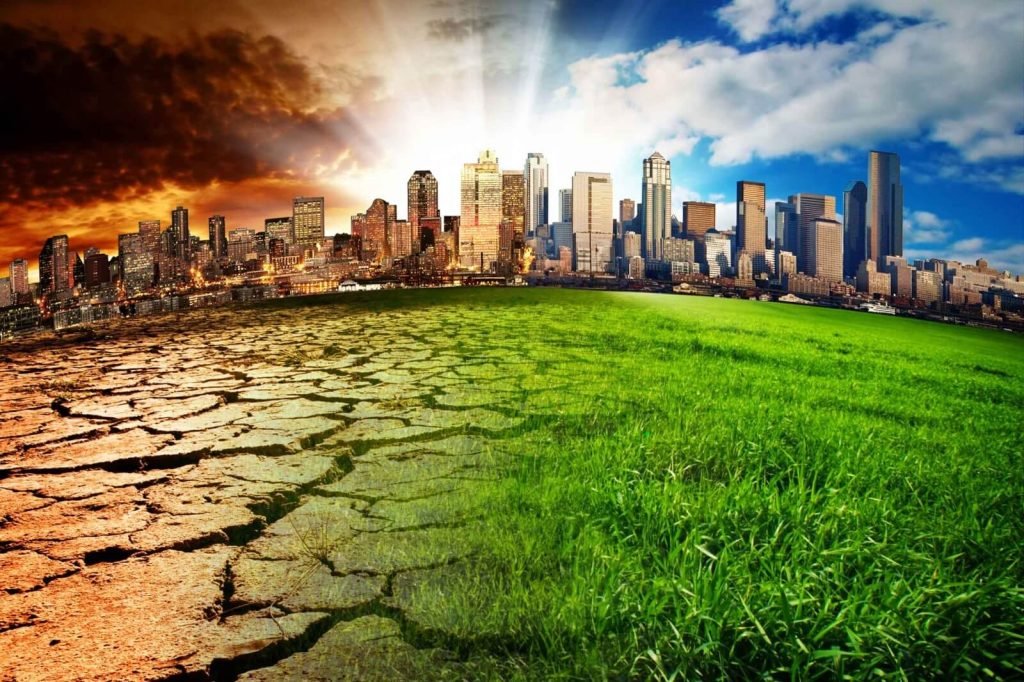The Food We Eat and The World We Live In
The food we consume daily has a profound impact on our planet. From the water used in farming to the emissions from transport, our food choices contribute significantly to environmental changes.
Table of Contents
Understanding the Impact

The Water Footprint of Food
Agriculture accounts for approximately 70% of global freshwater use. The water footprint of a product is the total volume of freshwater used to produce it. For instance, it takes about 15,000 liters of water to produce a kilogram of beef.
Greenhouse Gas Emissions
Agriculture is responsible for nearly a quarter of all greenhouse gas emissions. Livestock farming contributes to these emissions through methane produced by animals and nitrous oxide from their waste.
Land Use and Deforestation
Agriculture occupies nearly 50% of the world’s habitable land. Forests are often cleared to make way for farmland, leading to loss of biodiversity and increased carbon dioxide levels.
Making Sustainable Choices

Plant-Based Diets
Switching to a plant-based diet can significantly reduce your environmental impact. Plant-based foods generally require less water and land and produce fewer emissions than animal-based foods.
Seasonal and Local Foods
Eating seasonal and local foods can reduce the carbon footprint of your meals. These foods require less transportation, resulting in lower emissions.
Reducing Food Waste
Approximately one-third of all food produced is wasted. By planning meals, storing food properly, and composting, we can reduce food waste and its environmental impact.
The Role of Health and Wellness

Adopting sustainable food choices not only benefits the environment but also our health and wellness. A balanced, plant-based diet can provide all the necessary nutrients for a healthy life. Regular exercise, adequate sleep, and stress management are also crucial for overall wellness.
FAQs
- What is the water footprint of food? The water footprint of a product is the total volume of freshwater used to produce it.
- How does agriculture contribute to greenhouse gas emissions? Agriculture contributes to greenhouse gas emissions through methane produced by livestock and nitrous oxide from their waste.
- How can I reduce my environmental impact? You can reduce your environmental impact by adopting a plant-based diet, eating seasonal and local foods, and reducing food waste.
The Last Bite
Our food choices have a significant impact on the environment. By making mindful decisions, we can contribute to a healthier planet and a healthier us. Remember, every bite counts!









